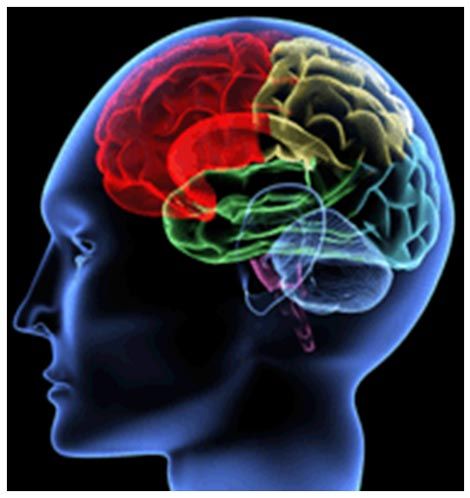A stroke occurs when a blood vessel (an artery) that supplies blood to an area of the brain bursts or is clogged by a blood clot. Within minutes, the nerve cells in that area are affected and they can die within hours. As a result, that part of the body is controlled by the affected area of the brain which can not function properly.
If symptoms of a stroke are observed emergency treatment is required, just as in cases of myocardial infarction. If medical treatment is not started soon after symptoms begin, the fewer brain cells will be permanently impaired.
Causes of ischemic stroke
Ischemic stroke is caused by a blood clot that blocks blood flow to the brain. Blood clot can develop in a narrowed artery that irrigate the brain arteries and can reach the cerebral circulation after it migrated to the heart or in any other region of the body.
Blood clots usually occur as a result of other defects in the body that cause damage to normal blood flow, such as:
– Hardening of the arteries (atherosclerosis). This is caused by high blood pressure, diabetes and elevated blood cholesterol level.
– Atrial fibrillation or other cardiac arrhythmias (irregular heart rhythms).
– Certain diseases of the heart valves, such as an artificial heart valve, a repaired heart valve, valvular heart disease and mitral valve prolapse or stenosis (narrowing) valvular orifice.
– Heart valve infection (endocarditis).
– A patent foramen ovale, which is a congenital heart defect.
– Blood disorders.
– Inflammation of blood vessels (vasculitis).
– Myocardial infarction.
Although more rare, low blood pressure (hypotension) may also cause an ischemic stroke. Low blood pressure leads to reduced blood flow to the brain, can be caused by a narrowing of the arteries or disease, myocardial infarction, a large loss of blood or severe infection.
Some surgeries (such as endarterectomy) or other processes (such as angioplasty) used to treat narrowed carotid arteries may lead to a blood clot at the site where he spoke, subsequently causing a stroke.
Causes of hemorrhagic stroke
Hemorrhagic stroke is caused by bleeding inside the brain (called intracerebral hemorrhage) or in the space around the brain (called subarachnoid hemorrhage). Bleeding inside the brain may be a result of long-standing high blood pressure. Bleeding in the space surrounding the brain may be caused by a ruptured aneurysm or high blood pressure was not kept under control. Other causes of hemorrhagic stroke, less frequently, are:
– Blood vessel inflammation that can occur in syphilis and tuberculosis.
– Blood disorders, such as hemophilia.
– Head and neck injuries that affect blood vessels in these regions.
– Radiation treatment for throat or brain cancer.
– Angiopatia cerebral amyloid (a degenerative disorder of the blood vessels).
